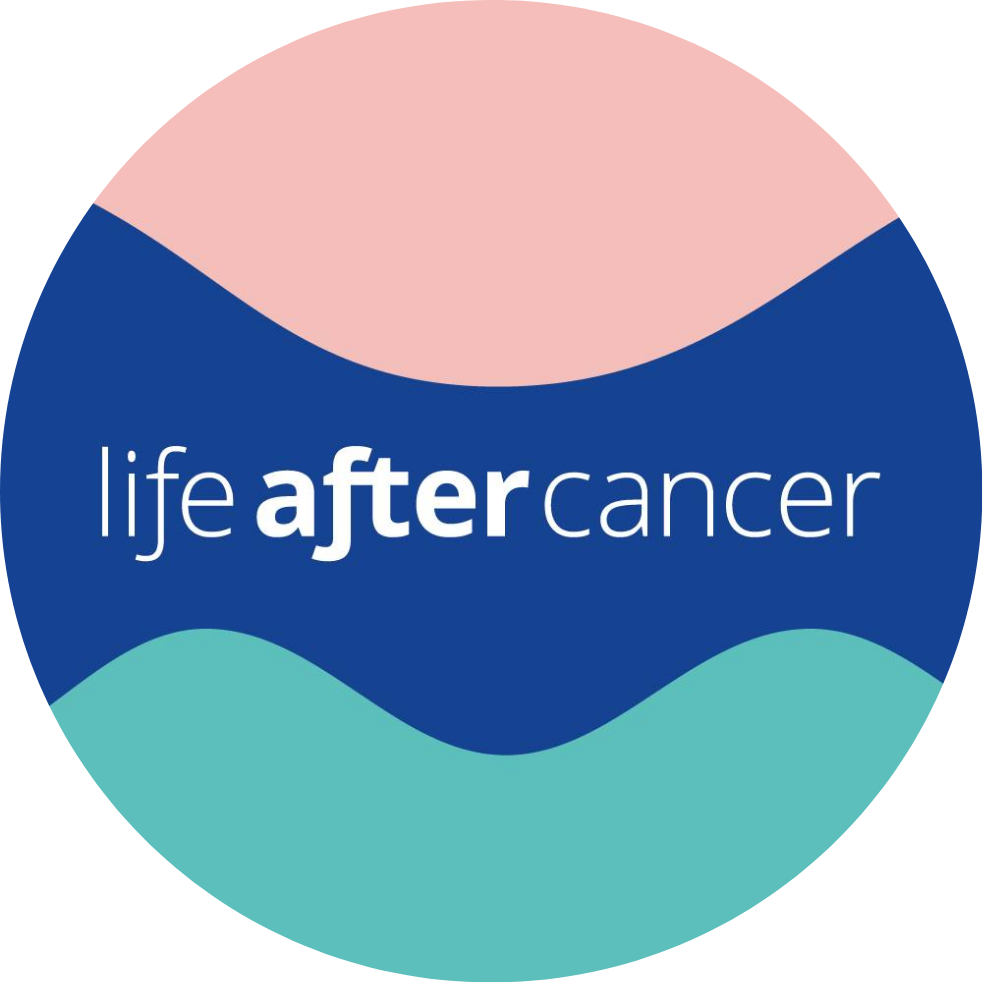Understanding and Improving Chemo Brain after Cancer
- Life after Cancer

- Jul 10, 2025
- 4 min read
Updated: Sep 11, 2025
If you're experiencing brain fog, forgetfulness or trouble concentrating after cancer treatment, you’re not alone. Chemobrain can linger for years, affecting daily life in ways many don’t expect.
What Is Chemobrain? Understand and Improve Cognitive Function After Cancer Treatment
Have you ever entered a room for something and immediately forget what you are looking for, or why you are even there? Do you get distracted and forget your words shortly after engaging in a conversation? Do you find it difficult to concentrate on one thing and feel that it’s taking quite a long time to learn something new? Do you experience brain fog and do you find yourself mentally (and physically) tired?
These are symptoms of chemobrain, what the research literature refers to as ‘cancer related cognitive impairment’. The thing is, you actually don’t need to have chemotherapy as part of your cancer treatment to have chemobrain.
An extensive amount of literature is now recognising and validating the concept of chemobrain (or brain fog) in those of us diagnosed with cancer. What’s more, research from neuroscience shows that chemobrain can persist up to 20 years after diagnosis and treatment for cancer.
The implications of living with chemobrain are not just personal but have social and affective consequences like impaired workability, poorer self-confidence and self-esteem and these can increase our risk of anxiety and depression.
A 4-Minute Guide for Understanding and Improving Chemo Brain
In this expert-led video, Professor Nazanin Derakhshan explains what chemobrain is, how it affects your brain function, particularly memory and focus, and shares proven, research-backed strategies to help you manage and improve cognitive changes after cancer.
What You'll Learn in This Video:
What is chemo brain
Its nature and risk factors
How chemo brain can be managed and improved over time using tools such as adaptive cognitive training, relaxation techniques, mindfulness, and paced breathing (see additional resources below for links)
"In our research, interventions such as engaging in adaptive cognitive training can help improve our performance, reduce our forgetfulness, improve our working memory and result in lower levels of anxiety and depression longer term." - Professor Nazanin Derakhshan
Additional resources:
Below, you’ll find a selection of resources mentioned in the video, including adaptive cognitive training and calming paced breathing videos.
Thank you to Nazanin Derakhshan, the Centre for Building Resilience in Breast Cancer (BRiC) and HeartMath for providing these additional recourses.
This is a cognitive exercise designed to improve working memory. You’ll need a computer or laptop, and you need to register to take part.
The activity automatically adjusts in difficulty depending on your performance.
You’ll receive feedback after every block, plus a daily summary of your progress and an overview at the end of the 10-day training programme.
Before you begin the exercise you may want to watch a YouTube video guide with step-by-step instructions for the training.
If you’d like to build confidence before starting the adaptive training, you may want to begin here. The control training stays at the same level of difficulty throughout and does not provide feedback.
Coherence Breathing Technique
Coherence breathing, also called resonant breathing, is a slow, rhythmic breathing technique involving equal-length inhales and exhales. These video exercises have been kindly provided by Nazanin Derakhshan and produced by HeartMath.
Depending on how much time you have there are two exercises for you to try.
To synchronise your breathing, simply follow the ball. As the ball moves up the mountain INHALE slowly, and as it comes down, EXHALE slowly, and repeat, so inhale as ball goes up, exhale as ball comes down.
Looking for More Support?
If you found this guide helpful, why not join one of our expert-led workshops? Designed to support you in navigating life after cancer treatment, our events offer practical tools, peer connection, and expert guidance.
You can check out our upcoming events or sign up to our mailing list to receive the latest news and resources straight to your inbox each month.
Find more expert guides and free resources on our online resource hub.
About Our Expert:
Nazanin Derakhshan is a Professor of Experimental Psychology who has pioneered and published substantive research into understanding the roots of vulnerability to anxiety and depression as well as developing interventions to boost resilience. A key discovery of her work is the role of ‘cognitive efficiency’ in vulnerability and resilience to anxiety and depression.
Following her own cancer diagnosis, Naz has raised awareness and conducted extensive research into chemobrain and its role in emotional vulnerability in women with a breast cancer diagnosis. Her research has established useful ways by which we can boost cognitive and emotional resilience, improve workability and reduce anxiety and depressive symptoms.
Naz is the founder and director of the award winning Centre for Building Resilience in Breast Cancer (BRiC). This is a psychoeducational support network with over 2500 women diagnosed with breast cancer anywhere in the UK and at any stage of their journey. The aims of the centre are to empower women with continued support after diagnosis.
Professor Nazanin Derakhshan, PhD, FAPS, Google Scholar Profile, ORCID
Professor of Experimental Psychopathology, University of Reading, UK
Founder of The BRiC Centre (Building Resilience in Breast Cancer)
Head of GRiT (Centre for Growth and Resilience in Trauma),
National Centre for Integrative Oncology (NCIO), Reading, UK
For more expert workshops to help you navigate life after cancer treatment, check out the Life after Cancer events page.


Comments